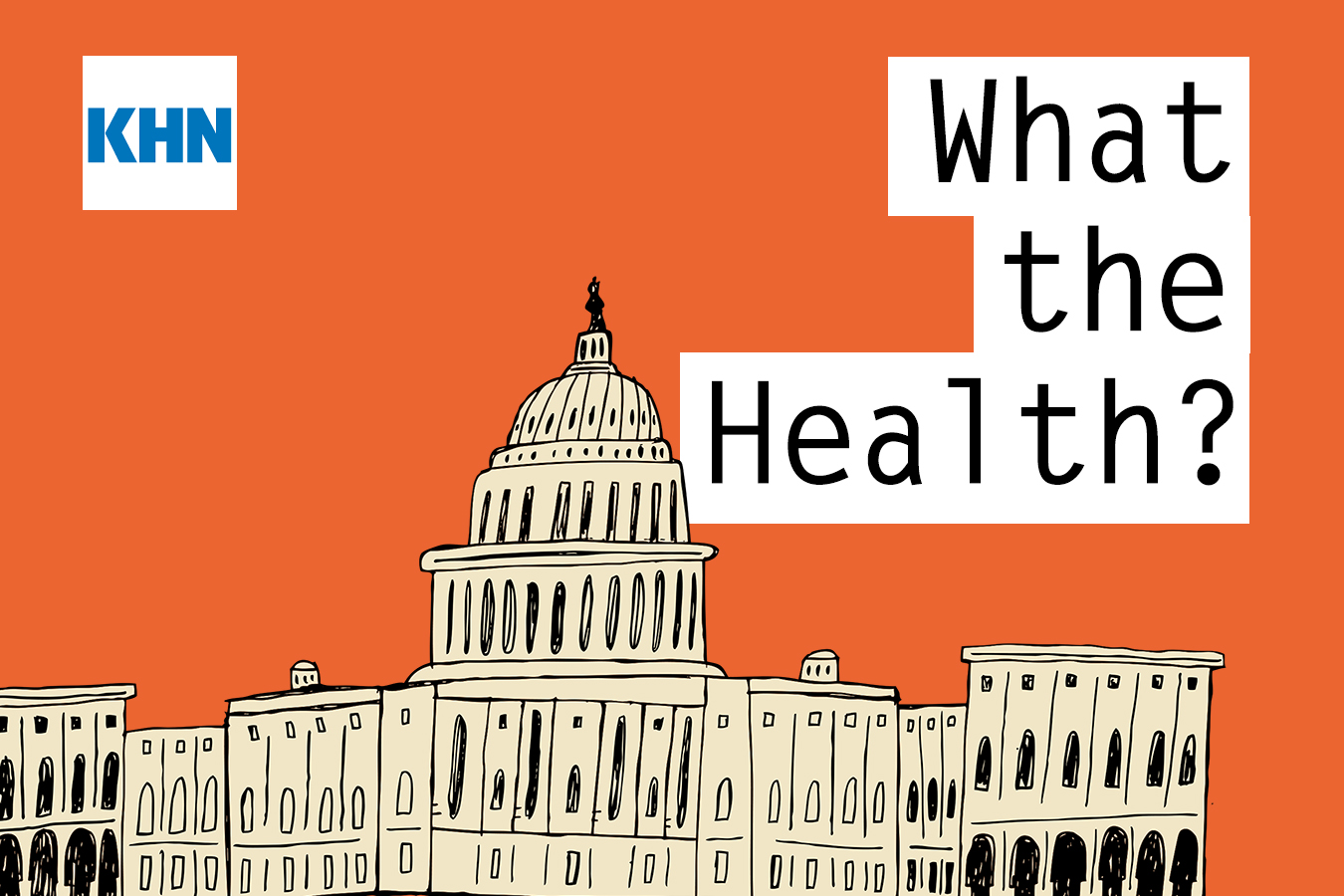The Host
While repealing the Affordable Care Act seems to have fallen off congressional Republicans’ to-do list for 2023, plans to cut Medicare and Medicaid are back. The GOP wants Democrats to agree to cut spending on both programs in exchange for a vote to prevent the government from defaulting on its debts.
Meanwhile, the nation’s health care workers — from nurses to doctors to pharmacists — are feeling the strain of caring not just for the rising number of insured patients seeking care, but also more seriously ill patients who are difficult and sometimes even violent.
This week’s panelists are Julie Rovner of KHN, Joanne Kenen of the Johns Hopkins Bloomberg School of Public Health and Politico, Tami Luhby of CNN, and Victoria Knight of Axios.
Among the takeaways from this week’s episode:
- Conservative House Republicans are hoping to capitalize on their new legislative clout to slash government spending, as the fight over raising the debt ceiling offers a preview of possible debates this year over costly federal entitlement programs like Medicare.
- House Speaker Kevin McCarthy said Republicans will protect Medicare and Social Security, but the elevation of conservative firebrands — like the new chair of the powerful House Ways and Means Committee — raises questions about what “protecting” those programs means to Republicans.
- Record numbers of Americans enrolled for insurance coverage this year under the Affordable Care Act. Years after congressional Republicans last attempted to repeal it, the once highly controversial program also known as Obamacare appears to be following the trajectory of other established federal entitlement programs: evolving, growing, and becoming less controversial over time.
- Recent reports show that while Americans had less trouble paying for health care last year, many still delayed care due to costs. The findings highlight that being insured is not enough to keep care affordable for many Americans.
- Health care workers are growing louder in their calls for better staffing, with a nursing strike in New York City and recent reports about pharmacist burnout providing some of the latest arguments for how widespread staffing issues may be harming patient care. There is bipartisan agreement in Congress for addressing the nursing shortage, but what they would do is another question.
Plus, for extra credit, the panelists recommend their favorite health policy stories of the week that they think you should read, too:
Julie Rovner: Roll Call’s “NIH Missing Top Leadership at Start of a Divided Congress,” by Ariel Cohen
Tami Luhby: CNN’s “ER on the Field: An Inside Look at How NFL Medical Teams Prepare for a Game Day Emergency,” by Nadia Kounang and Amanda Sealy
Joanne Kenen: The Atlantic’s “Don’t Fear the Handshake,” by Katherine J. Wu
Victoria Knight: The Washington Post’s “‘The Last of Us’ Zombie Fungus Is Real, and It’s Found in Health Supplements,” by Mike Hume
Also mentioned in this week’s podcast:
The New York Times’ “As France Moves to Delay Retirement, Older Workers Are in a Quandary,” by Liz Alderman
Stat’s “Congressional Medicare Advisers Warn of Higher Drug Prices, Despite New Price Negotiation,” by John Wilkerson
To hear all our podcasts, click here.
And subscribe to KHN’s What the Health? on Spotify, Apple Podcasts, Stitcher, Pocket Casts, or wherever you listen to podcasts.

